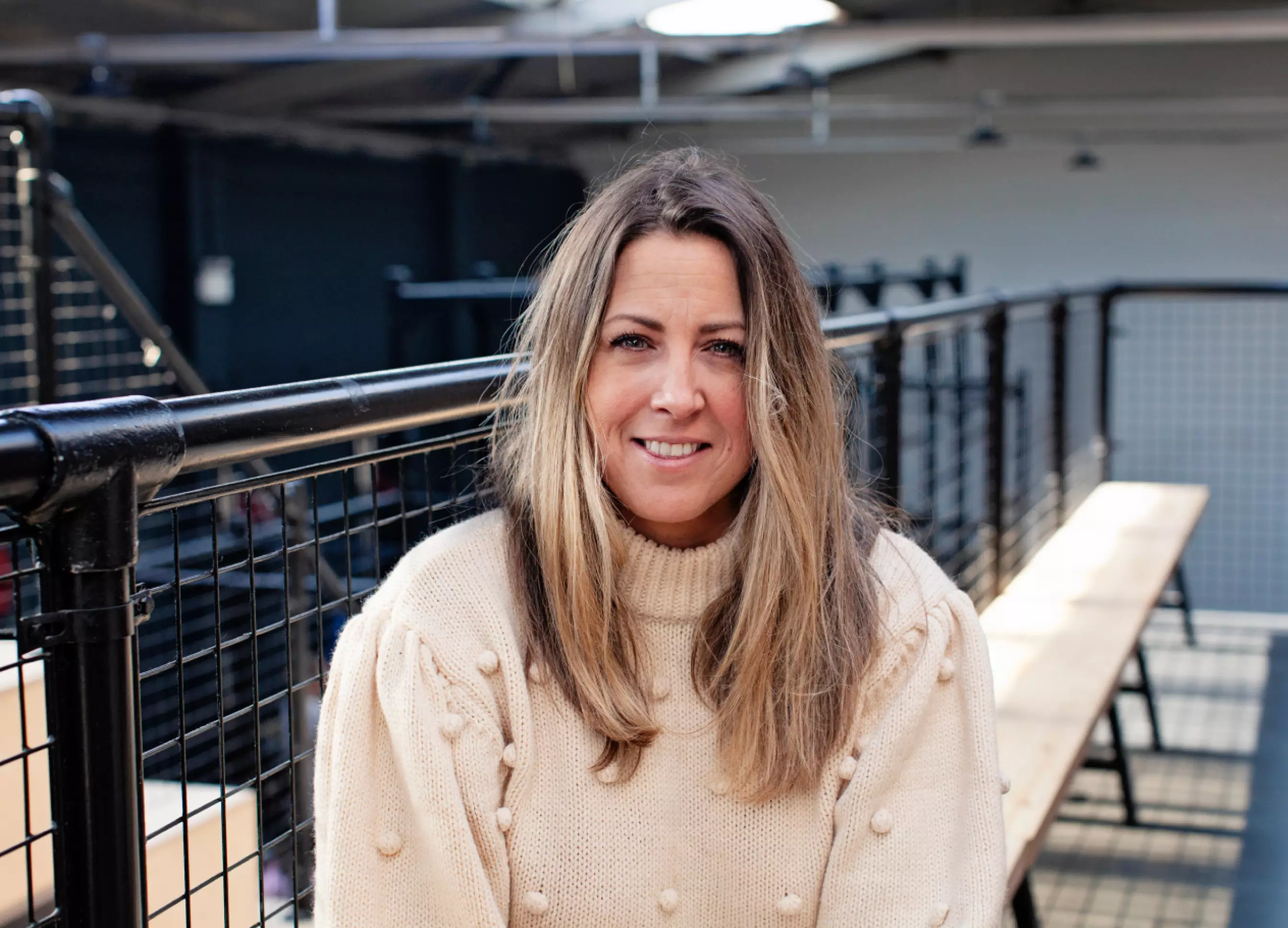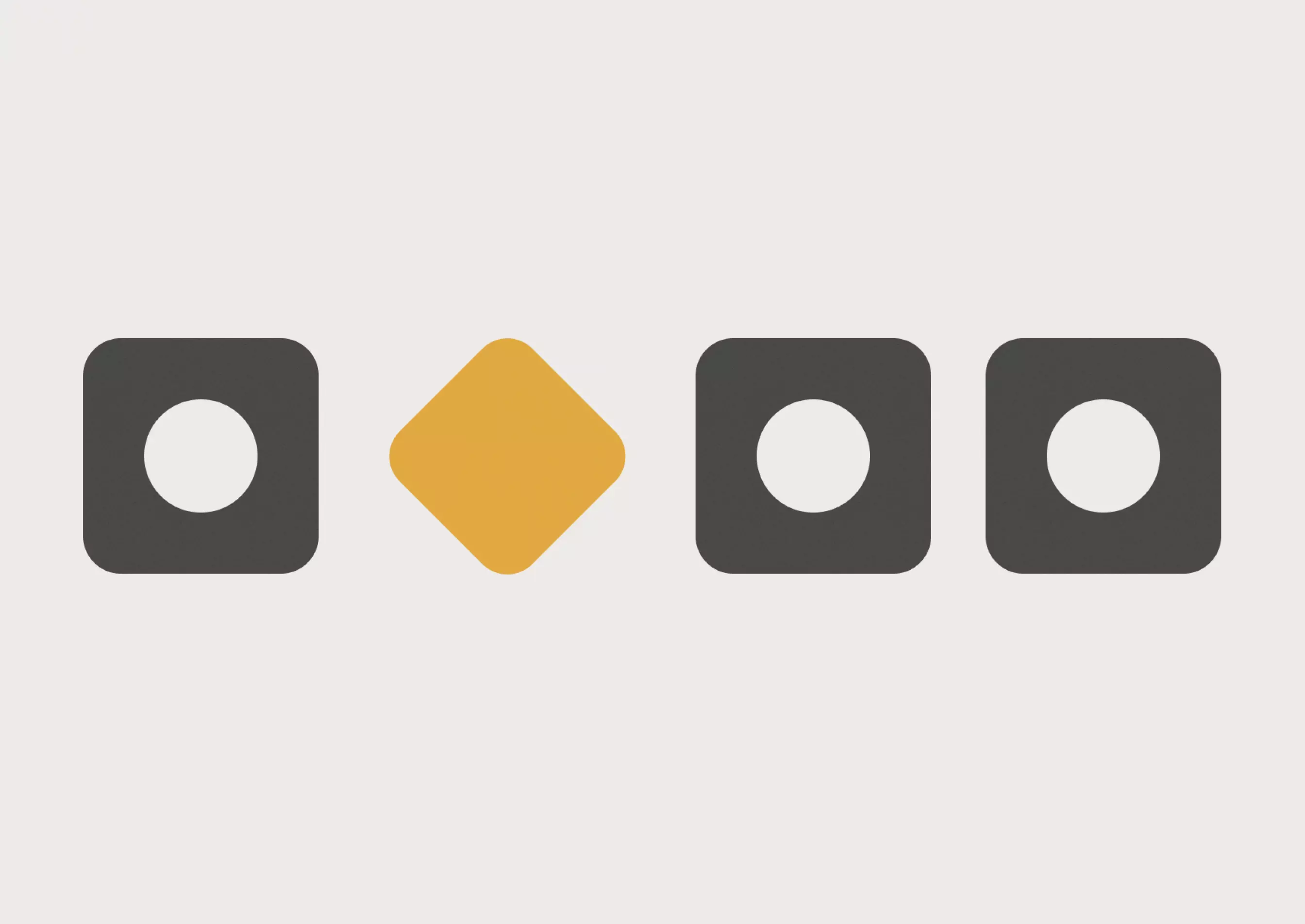
We built the new website for The Mother of All Lists — an acclaimed platform created by writer and content creator Clemmie Telford. What began as a personal blog has since grown into a trusted space for honest conversation, with a wide and loyal readership.
We spoke with Clemmie about the evolution of the site, the power of storytelling, and what it means to build an online community that genuinely supports its audience.
Intro
Originally created to explore the realities of parenting, Clemmie’s blog has since expanded into a much broader archive — covering everything from mental health and relationships to identity, work, and societal pressures. It’s become known not just for its candour, but for the environment it fosters: one where readers feel safe, seen, and able to share their own stories in return.
Could you tell us about yourself and your journey to where you are today?
My background is as an ad agency creative director and copywriter, which is a career that I loved. I started out in mid 2000 and I couldn't believe that I got to write TV ads and print ads and radio ads!
Then I had my first two kids and I stumbled onto Instagram in its infancy, around 2014, in the era where you're beginning to get content creators which was very, very early days. To give you a kind of reference point, when I got 500 followers, I got my first ever brief. So it was small, you know? That is not a big following, but it was then and in that space I found that the more honest and open I was, specifically at that time about parenting, the more my content seemed to resonate. I definitely didn't go into it wanting to be an influencer, but I went into it a lonely and confused parent and found I found a load of people who who felt like-minded, who were talking in a way that I hadn't found spoken about before. And it felt amazing. Quite literally, it was a way to connect whilst you're stuck at home breastfeeding. And as part of that I started Mother of All Lists.
How did the concept for the mother of all lists come about?
There was actually a precursor to Mother of All Lists called Lists on the Northern Line, which I wrote in my late 20s. I was having to go from Balham to Leicester Square on my commute and from nowhere I started getting fairly crippling panic attacks. So to try and distract my mind, I started bullet journaling and chucking my ideas down. I moved on from it, but it's funny that it should come back in the middle of early motherhood because it's that same time of feeling quite lost and trying to process my thoughts and the list version, like bullet journaling, is a kind of stream of consciousness.
By writing it in bullet points, I didn't have to overthink it — it was just like, get it out! The reality was my brain was fried, I wasn't getting much sleep, so it felt safe. After that, I started inviting other people to write for it and what I found was that the list form was incredibly democratic. If you feel like you've got to write in paragraphs and sentences, you have a preconceived idea of what that is. But every time I would just say to people, start writing and then it will just come out. It meant that I unknowingly was enabling all sorts of voices to be heard, and it didn't just have to be people who considered themselves writers.
How did you approach other people to to contribute to the site? Were there particular themes or stories you were looking for or that shared a common thread?
Unknowingly, parenting became the the universal glue. But within that, you are a parent and that's the backdrop to all the other things, whether that be financial challenges, mental health challenges, career challenges. The universal thing was the parenting, but it became much broader. Increasingly, I just wanted it to be a space where people didn’t have to feel alone with any of it. When I had terrible anxiety, I thought I was the only person ever to feel like that. When I was finding parenting hard, I thought I was the only person to ever feel like that. The truth is, even in the most quiet, niche or challenging moments, there are people who have experienced something similar to you.
How does having a supportive community contribute to overcoming challenges in situations like parenting and anxiety?
I think that's it — it's community. And also, when shit is hitting the fan, if you can take the narrative of being weird and the consequence of shame away from it, then you're on a much better footing. Because, that's the stuff, in both those situations, parenting and anxiety, that pushes you further down the spiral. If I can actually go to a midwife or a friend and say, I'm struggling, or I'm finding breastfeeding hard, or my relationship is in a pickle, then we'll begin to find help. But when we feel alone and shamed, we go further in.
Having a significant online presence, you have the ability to reach a huge amount of people — what would you say that's the most rewarding aspect of it?
The thing that still lights my fire is a single DM or a single email saying you helped me, but the scale of it is pretty hard to comprehend and almost stands in the way of it, to be honest.
In a dream situation, I'd walk into a room with people and talk to them. So yeah, the scale of it I don't like because then you're projecting out, whereas I'd always wanted to keep it a conversation. But the idea that at any given moment I have positively, even in a small way, impacted people, that's amazing and humbling and really rewarding. But also I always want to say that at best it works both ways. Sure, let's not pretend: online presence is pretty challenging at some points, but all of this has healed me along the way and the ability to share these stories is really reassuring.
Just like, Oh God, yeah, being a human is pretty tough, but it’s also amazing just how resilient people are.
How would you personally say you prioritise self care and offline activities in a world that demands constant engagement?
You have to go back to the rules that you apply in real life. So for me, I keep pretty similar to office hours, but it took me a long time to get there. I, broadly speaking, take the apps off at the weekend and when I go on holiday.
I had an amazing conversation with Gemma Styles and she said — we've got to think about it in terms of how you're feeling in real life. So if I'm feeling a bit wobbly, I probably wouldn't go to a big social event, or walk into the room and be like, Hi, guys! So if I'm feeling wobbly, I don't put myself online. Whereas, actually once in a while you're like, Yeah, I'm feeling quite vibey, backing myself, then it feels okay to be on there. So I really try to check in with how I'm feeling before I show up online.
The final rule that I've only realised recently, and it was Michelle Elman who told me this, is to be making sure that I'm sharing scars, not wounds. If you inhabit the space that I do, which is a lot of borderline oversharing and a lot of quite personal stuff, I used to think, well, you get resonance when you're very raw online. But I've learned that I have to share scars. I'm prepared to share all the gnarly stuff, but I want to have processed it myself first.
How would you choose to spend a day completely offline?
Good question! I like this one. I moved to the coast in September and, I don't know if it's a honeymoon or if I'll always feel like this, but every time I go to the beach, rain, shine, morning, night — it's making me have goose bumps just talking about it! — I just feel an unbelievable transformation. So time offline would nine times out of ten be in nature.
I think it's really interesting because up until September I lived in London, as I had done for 12, 15 years. And I definitely spent the earlier part of my career being hooked on feeling wired. You know, I thought that's what it was to feel alive, to to be partying, to be stressed, to be right in the middle of the city. And the older I get, the more I want the other, which is like, oh, I'm standing here and I feel absolutely nothing. And that for me is like a settled nervous system. But you just have to learn what it is and it can be disconcerting. I'm sure if you're plonked 20 year old me in that nothingness, I would have been wanting something. But I like it now.
I'm a doing person and I think it's something you get more comfortable with as you get older, but give me a walk. Give me a swim. Give me an activity. A job. That would be what I'd do. Followed by some good food!
